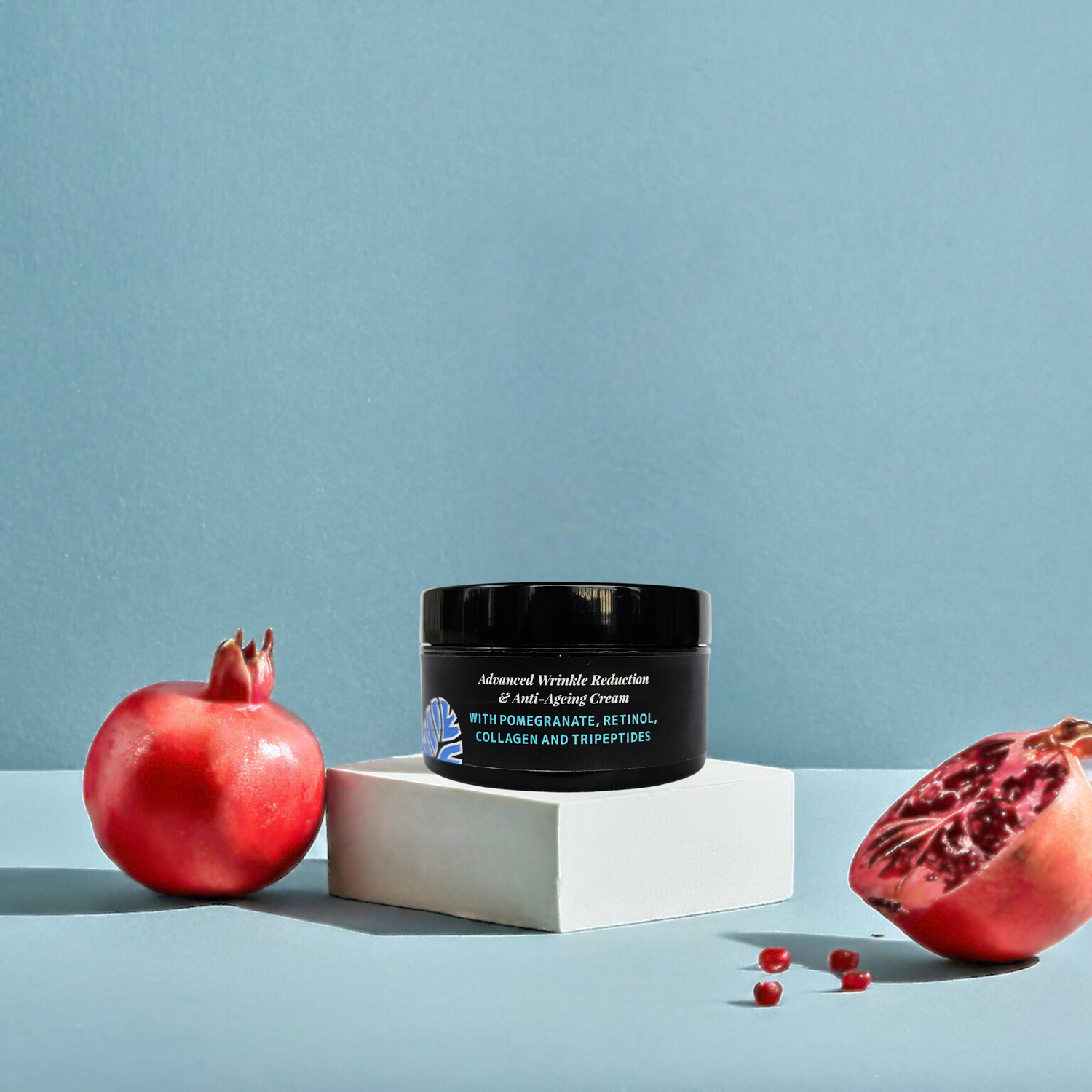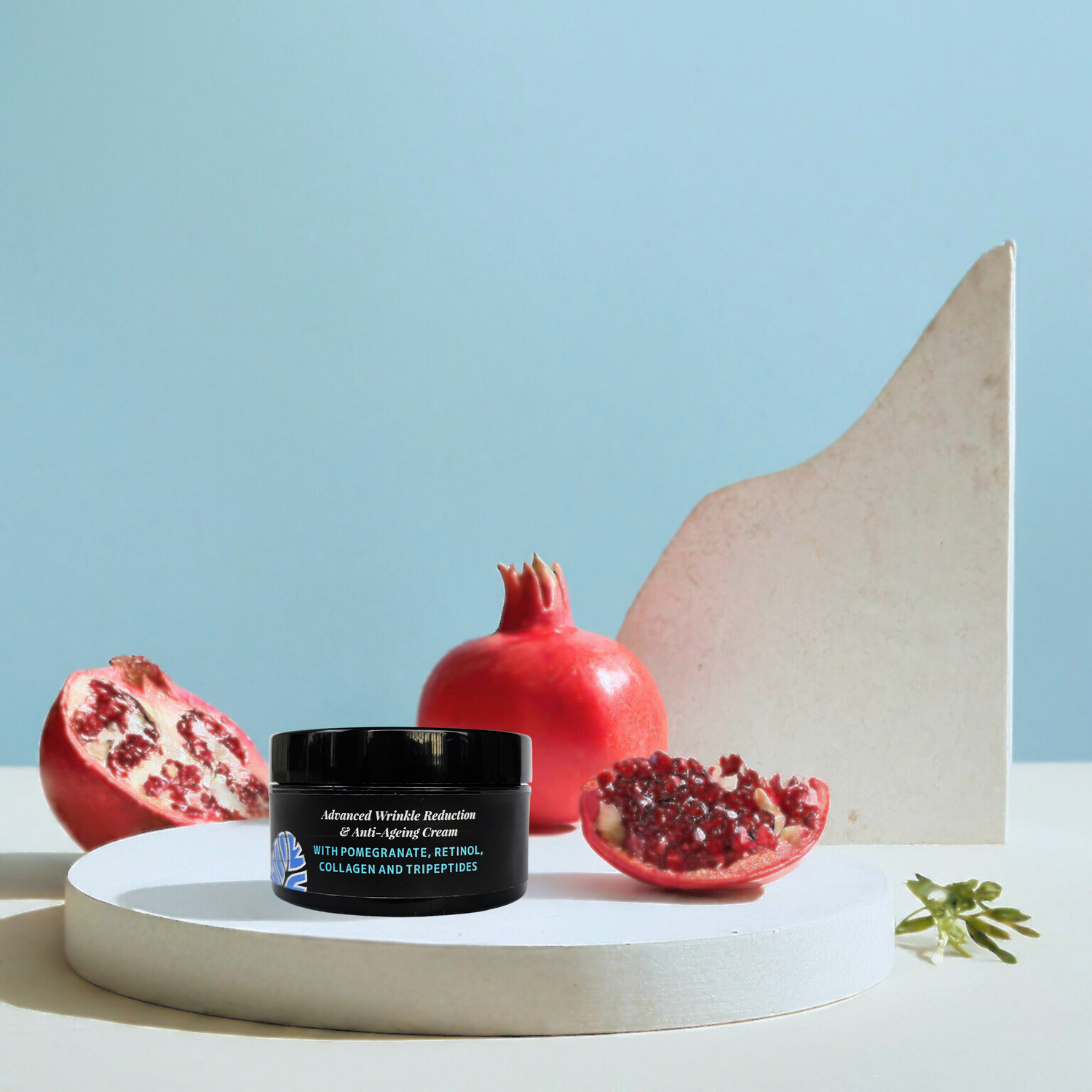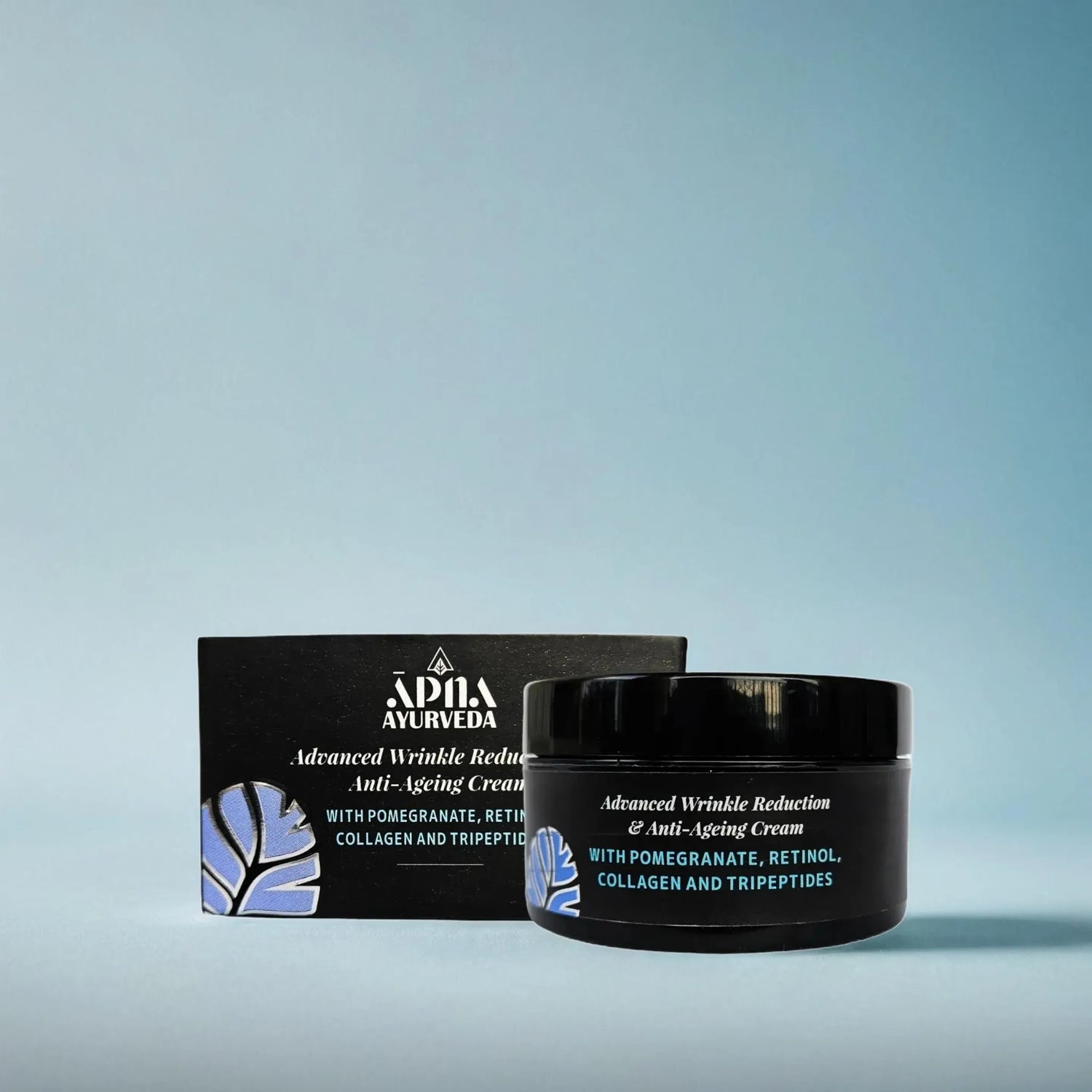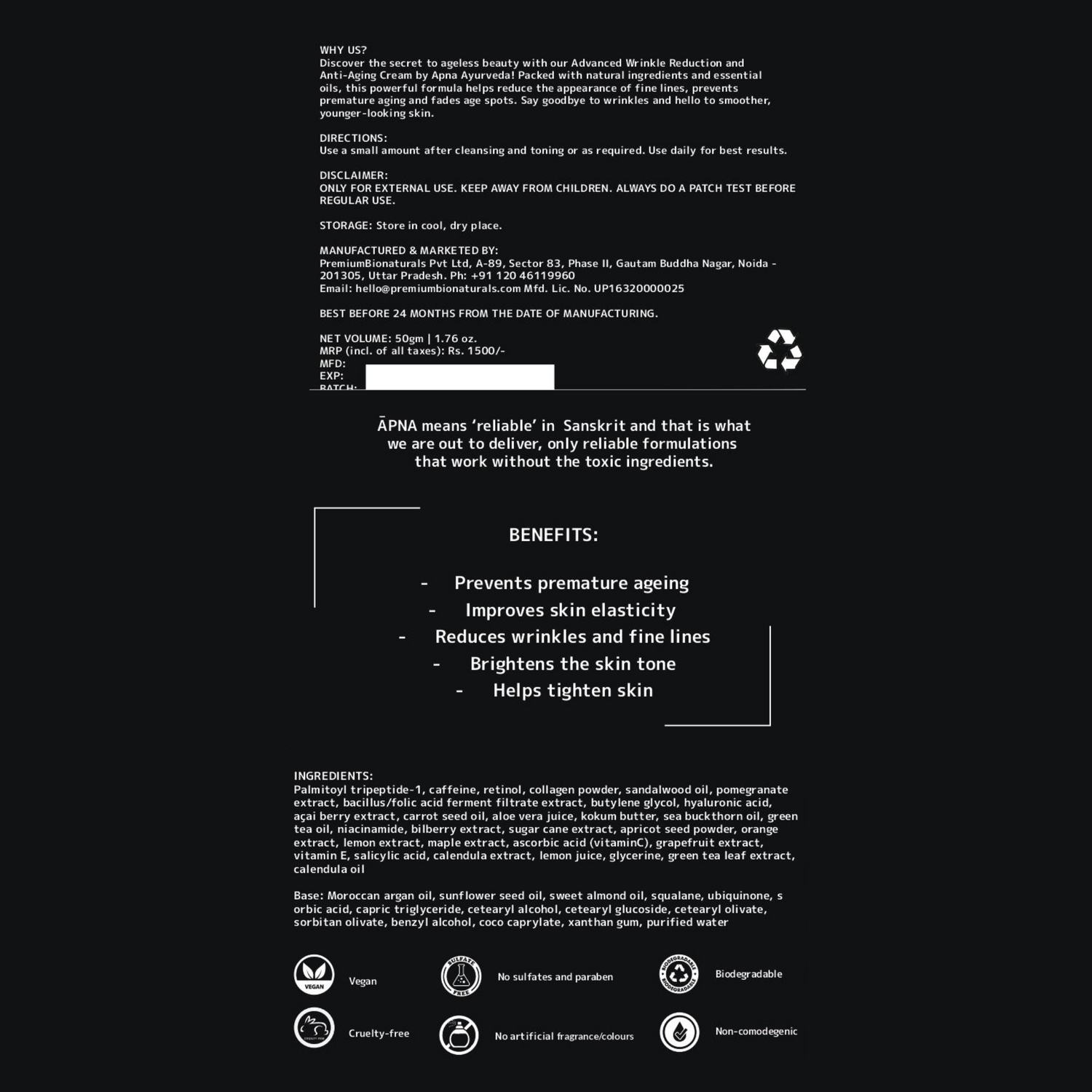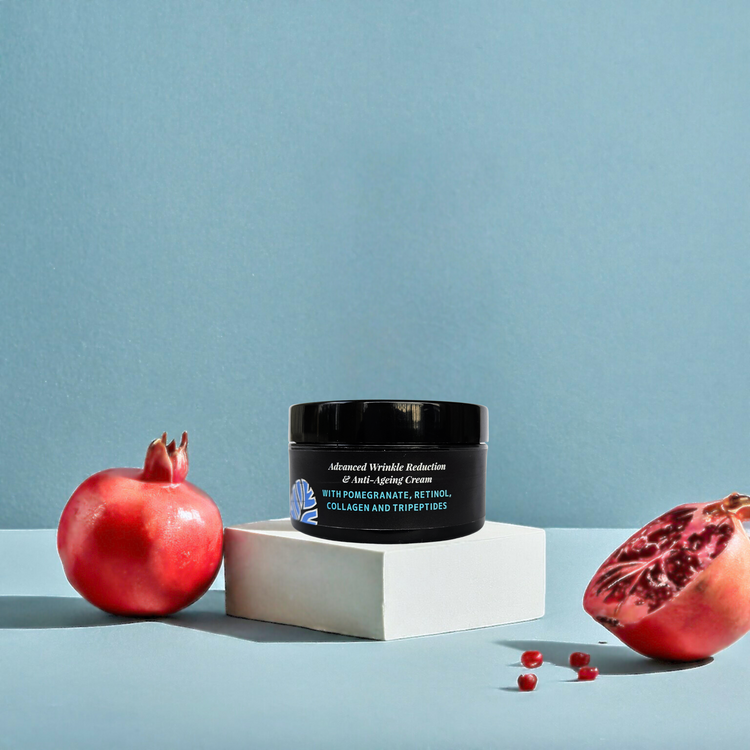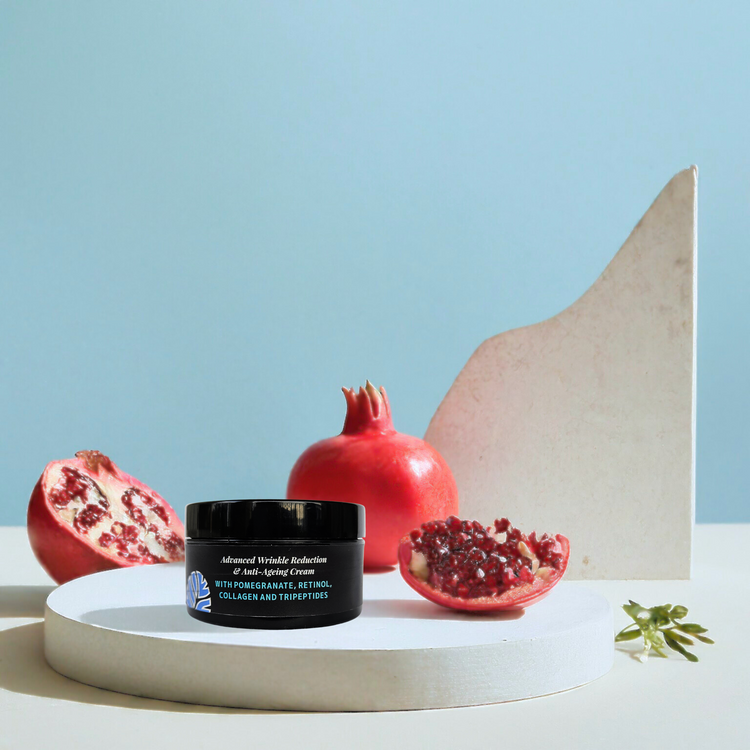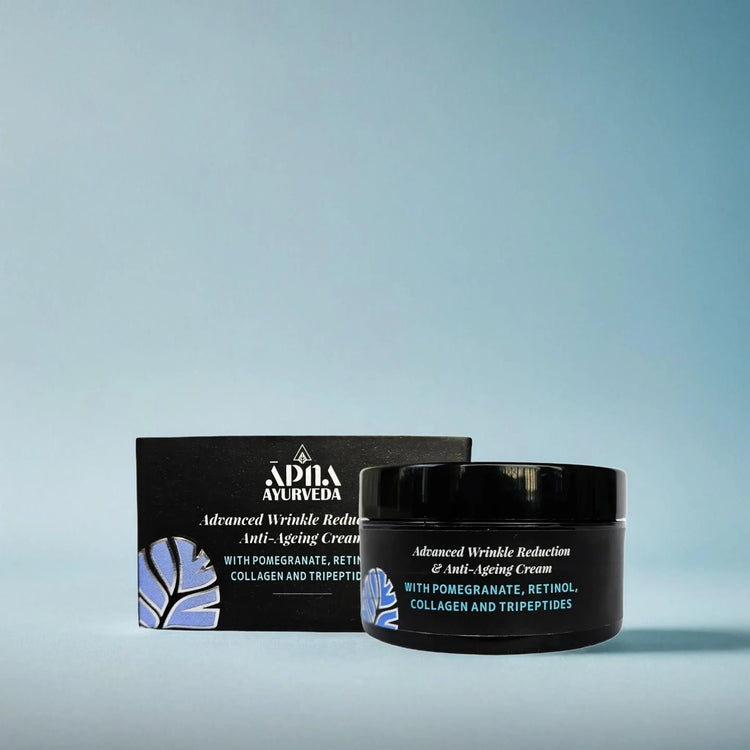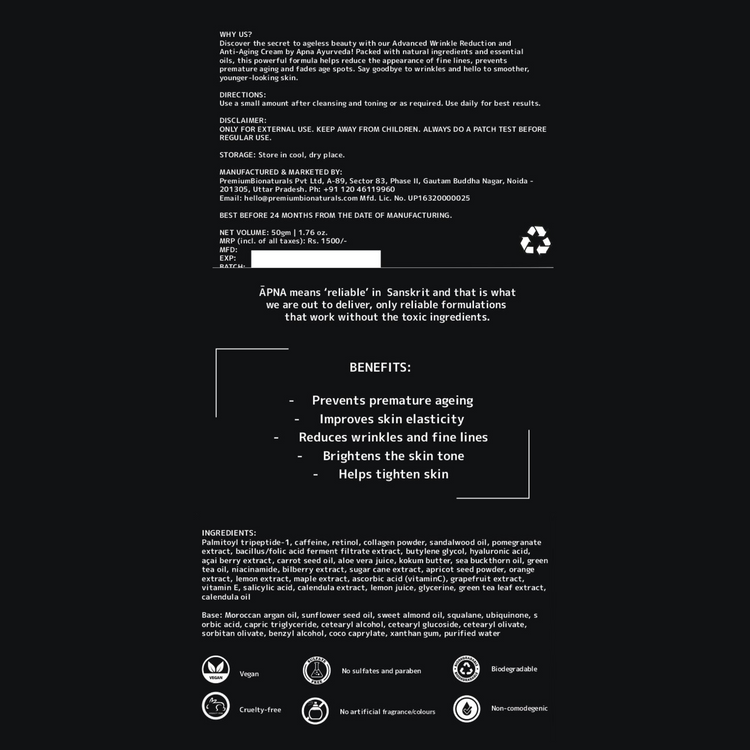A gentle scent can make routines feel luxe—but it can also be the reason your skin stings, reddens, or breaks out. This guide unpacks fragrance in skincare, the different kinds you’ll see on labels, common reactions, and how to choose what’s right for your skin. If you’d like a curated set of gentle, minimalist formulas, browse our Apna Ayurveda Skincare Collection.
What Does “Fragrance” in Skincare Actually Mean?
On an ingredient list (INCI), “fragrance” (or “parfum”) is a catch-all. It can include:
-
Blends of synthetic aroma molecules
-
Natural fragrances derived from plants
-
Essential oils (single oils or blends)
Because it’s an umbrella term, the exact blend isn’t always disclosed—important if you’re reactive or have had patch-test positives.
Types of Fragrance in Skincare (and How They Differ)

When you compare types of fragrance in skincare, think in terms of chemistry and dose—not marketing.
-
Synthetic fragrances: Lab-made molecules designed for consistency and stability. Can be easier to standardize; still may irritate sensitive skin.
-
Natural fragrances: Distillates or isolates from botanicals (e.g., citrus, florals). “Natural” doesn’t guarantee gentleness—composition varies by harvest and storage.
-
Essential oils: Concentrated volatile plant oils (lavender, tea tree, citrus). Pleasant, but more prone to oxidation on air exposure, which can increase irritation risk.
|
Takeaway: “Is fragrance good for skin?” It depends on your skin. All categories can be fine for some and troublesome for others. |
Common Side Effects of Fragrance on Skin
Concerned about so-called toxic fragrances? Day-to-day, the bigger issue is sensitization and irritation, not “toxicity.”
Typical fragrance side effects include:
-
Irritation or stinging (especially on a compromised barrier)
-
Redness and sensitivity
-
Allergic contact dermatitis (itchy rash, rough patches)
-
Photoreactivity in some essential-oil-heavy formulas

Higher-risk groups: eczema/atopic, rosacea, post-procedure, and often acne-prone skin (because irritation can worsen breakouts).
Fragrance-Free vs. Unscented: Know the Difference
-
Fragrance-free: No added fragrance materials (no perfume, essential oils, or masking scent). Safest default for reactive or eczema-prone skin.
-
Unscented: No obvious smell, but may include masking agents to cover base odors—those can still irritate.
When in doubt—especially for leave-on face products—choose fragrance-free.
Is Fragrance Always Harmful?
No. For many people, low-level scent in well-formulated products is perfectly tolerable, especially in rinse-off formats (cleansers, body washes). But if your skin is sensitive, actively inflamed, or you’ve reacted before, fragrance-free is the safer lane.

|
💡 Practical tips:
|
How to Shop Smart (Quick Playbook)
-
Know your context: Sensitive/eczema/rosacea? Go fragrance-free for leave-ons.
-
Check the format: Cleansers (rinse-off) are more forgiving; creams/serums (leave-on) are higher stakes.
-
Scan for likely triggers: Heavy citrus/floral essential oils or strong perfuming high in the list.
-
Keep routines simple: Fewer scented layers = fewer chances to react.
-
Patch test anything new if you’ve ever reacted to scented products.
-
Want gentle options to start with? Explore the Apna Ayurveda Skincare Collection for minimalist, skin-first picks.
Frequently Asked Questions
1) Is fragrance in skincare bad for sensitive skin?
It can be. Sensitive, eczema-prone, or post-procedure skin is more likely to react. Choose fragrance-free leave-ons and keep routines minimal.
2) What are the side effects of fragrance in skincare products?
Irritation, redness, burning/stinging, and allergic contact dermatitis. In acne-prone skin, irritation can aggravate breakouts.
3) Are natural fragrances safer than synthetic ones?
Not necessarily. Natural essential oils can oxidize and become more irritating. Safety depends on dose, stability, and your skin, not whether it’s natural or synthetic.
4) What is the difference between fragrance-free and unscented skincare?
Fragrance-free = no added fragrance. Unscented may contain masking fragrance; it’s not automatically safer for reactive skin.
5) Can I use fragrance-containing skincare if I have acne-prone skin?
Yes—many can tolerate it, especially in rinse-off products. If you’re frequently irritated, switch to fragrance-free leave-ons and simplify layers.
6) Should I avoid all fragrance in skincare completely?
Not unless you’re reactive or patch-tested positive. If you’re unsure, start fragrance-free for leave-ons, keep cleansers mild, and patch test.


